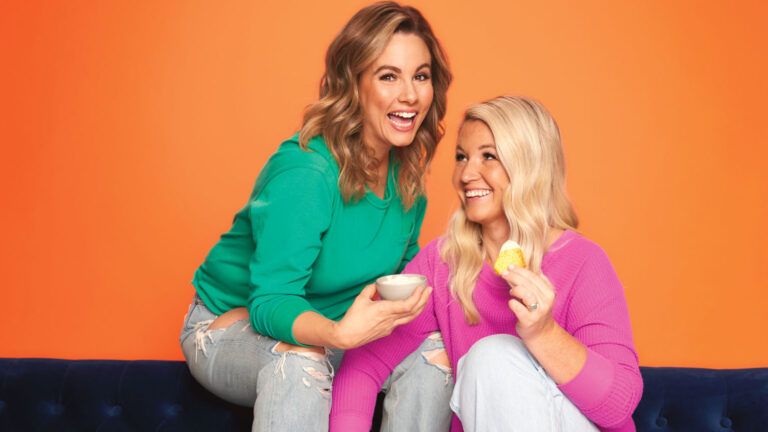With large, global stressors continuing to make their energy-draining presence known, many of us might be struggling with feelings of helplessness. Positive, resilience-based psychology offers resources to face this feeling and nudge us toward empowerment. Which of these tips can reorient and uplift you today?
1) Use Your Body
Experts in trauma recommend “embodied practices” as part of the healing process. Moving in intentional ways, whether through cardiovascular exercise or mindful practices like yoga, empowers people by grounding them in their bodies rather than leaving them feeling trapped in overactive minds.
When you are feeling disconnected and helpless, try taking some deep, focused breaths. Do a “body scan” in which you pay attention to each part of your body and notice how it feels or do some other movement that can help empower you by doing what trauma expert Bessel van der Kolk calls “befriending the sensations in your body.”
2) Focus on Inner Strengths and Resources
“We all have resources within us, such as memories of comfort and safety, experiences of being powerful and courageous,” writes Laurel Parnell, a trauma specialist and the author of Tapping In.
“These memories, qualities and images are stored in our body-mind network and can be accessed, activated and strengthened.” Take a moment to identify some of your strengths and inner resources. Focus on them next time you are feeling stressed or helpless.
3) Start and Finish Something (Anything)
At certain moments during the coronavirus closure, I have confronted a sense of helplessness by finding something very small to do—and then doing it. It is important that the task be small, like emptying the sink of a few dishes, sorting through one stack of t-shirts or reading one short chapter of a book. It isn’t important what the “accomplishment” is, the goal is to experience any amount of the positive, empowering feeling of having completed a task.
4) Be Decisive
Personal empowerment is sometimes a matter of decisiveness. Positive people are generally thoughtful and methodical in considering different choices at any given moment, but Lucy Hone, the author of Resilient Grieving, recently told The New York Times that it is empowering to focus on one simple question with each decision we make: “Is this helping me or harming me?” Narrowing the field of decision-making can transform helpless passivity into positive, active empowerment.





